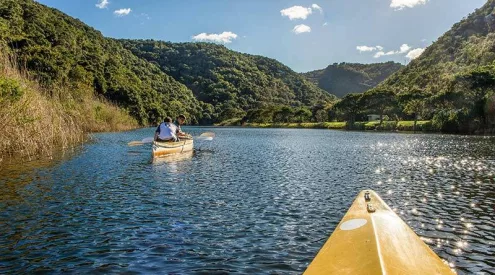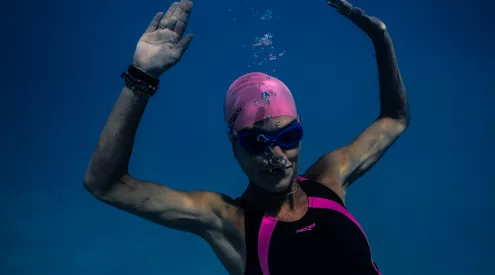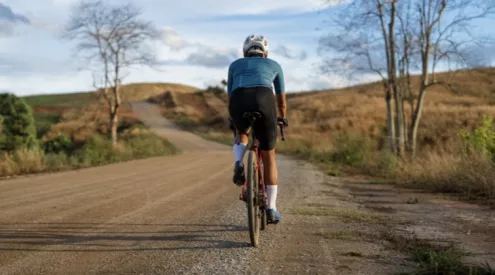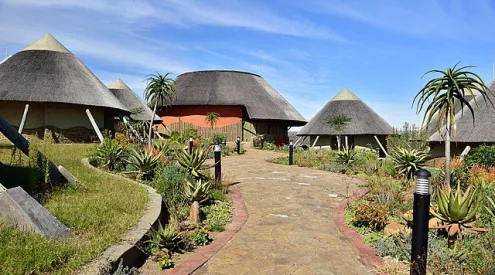Plogging is a fairly new fitness craze that is good for both you and the environment. The term was coined in Sweden in 2018, as a combination of ‘plocka upp’ (Swedish for picking up) and jogging. The idea has spread globally.
Active citizens are becoming increasingly involved in activities like beach clean-ups and litter pickups. Plogging is another way of getting active and cleaning the environment – and it’s beneficial in more ways than one.
For instance, your body gets to move in additional ways to that of traditional jogging, like bending, sideways movements and squatting.
According to Yujin Lim, an exercise physiologist and director of Optimal Health Exercise Physiology in Melbourne, “this challenges your body in different ways, as well as incorporating a balance and agility component.”
Mr Lim also said the fact that you are doing good for the environment may be a motivation for those who need the extra incentive to get outside and exercise. “The stronger the purpose and motivators, the better the long-term adherence, and hence the better the outcomes,” he said.
An unexpected bit of #plogging on my run through the mountains today…a watch, anyone? We also found a walkie talkie. #lostinthemountains pic.twitter.com/VtG7WHwpPX
— Hermione Taylor (@hermione_t) August 11, 2019
Then there is also the environmental benefit of removing litter from the landscape. Ploggers have been posting pictures on social media with their finds, much of which includes non-biodegradable plastic waste.
However, numerous cigarette butts, which have been described as more damaging to the ocean than plastic straws have also been collected.
Other items include anything from watches to walkie talkies.
#Plogging in #Marmaris @copunesahipcik #plasticpollution #plasticwaste pic.twitter.com/LSqVa8498Y
— Itır Erhart (@itirerhart) August 12, 2019
Plogging has been documented in countries like Indonesia, Thailand, Russia, the USA, Australia, England, South Africa, India and Sweden.
Tips for ploggers include: remembering to wear comfortable running shoes, old clothes, gloves, to pick up litter with the tips of your fingers rather than with an open palm and to bring a bag.
Fourth, knowing your waste management stakeholders is key to organising your #Plogging sessions. Who are they? Waste pickers, municipal authorities, recyclers, upcyclers, govt agencies involved in sanitation, NGOs. They will help manage your trash #BeatPlasticPollution #Plastic pic.twitter.com/QruYGZ54XJ
— PloggaIndia (@IndiaPlogga) August 12, 2019
Image: Worldclass–iv


















